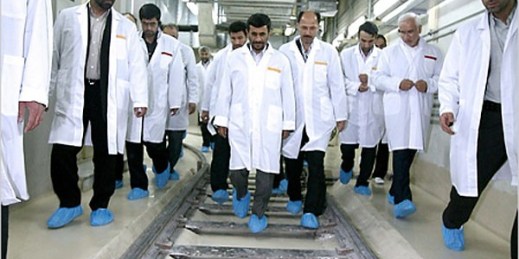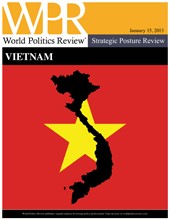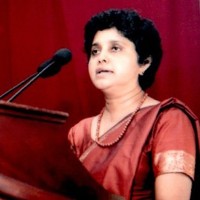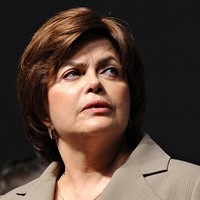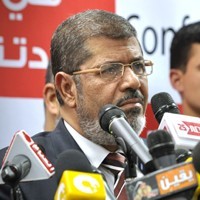
In January, the United Arab Emirates arrested a group of Egyptians on suspicion of forming a Muslim Brotherhood cell in the country, prompting tensions with the Muslim Brotherhood-led Egyptian government. In an email interview, Frederic Wehrey, a Middle East program senior associate at the Carnegie Endowment for International Peace, discussed Egypt-UAE relations. WPR: What has been the trajectory of relations between Egypt and the UAE since the fall of Hosni Mubarak? Frederic Wehrey: Throughout 2011, bilateral relations were strained by mounting concern in the UAE over Egypt’s potential warming to Iran. For their part, Egypt’s new leaders have cast a […]



